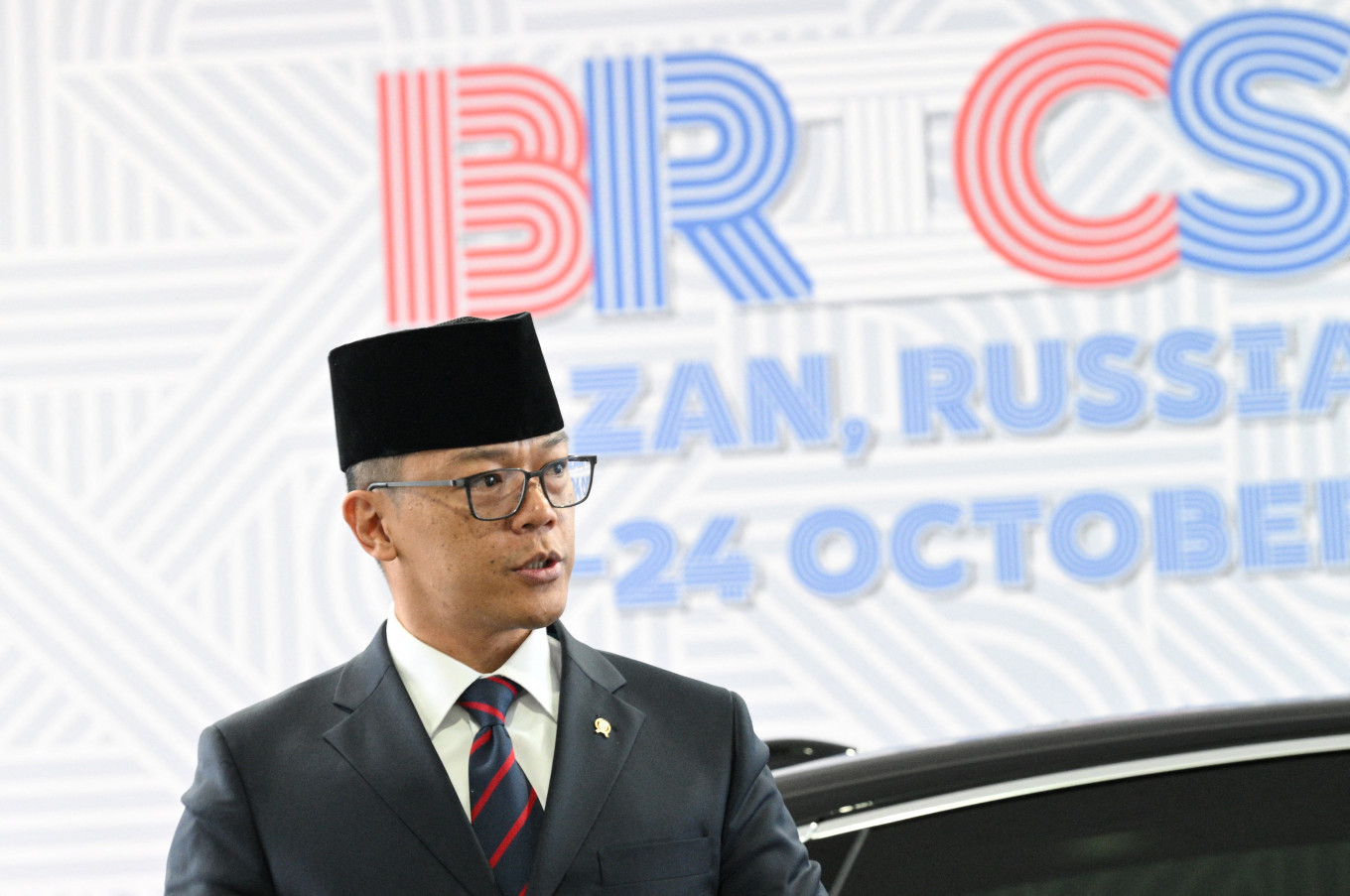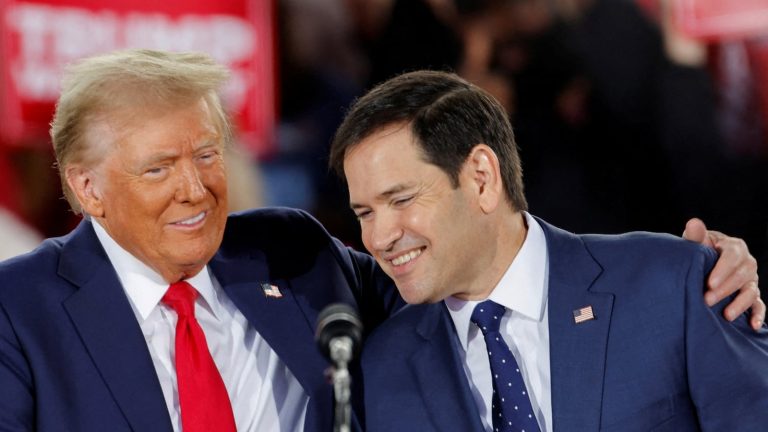Indonesia has long adhered to a unique foreign policy principle recognized as ‘bebas-aktif,’ a principle first verbalized by Mohammad Hatta, the country’s first Vice President. The term is Indonesian and can be translated into English as “free and active,” referring to Indonesia’s foreign policy, which envisages the strategic role of the country in the cookie cutter of global power politics. With a recent development involving Indonesia being invited to become a permanent member of BRICS, it is essential to analyze the implications of this invitation for the country that is lodged between the Organisation for Economic Co-operation and Development (OECD) countries and BRICS.
For years, Indonesia has been a G20 member and one of the significant nations in Southeast Asia. As an already active participant in the Association of Southeast Asian Nations (ASEAN), the Asia-Pacific Economic Co-operation (APEC), and the Non-Aligned Movement, what does this invitation to be part of BRICS signify for Indonesia?
BRICS (an acronym for Brazil, Russia, India, China, and South Africa) is an association of five major emerging economies that have a significant influence on regional affairs. Meanwhile, the OECD is a group of highly industrialized countries whose main focus is promoting economic growth, stability, and improved standards of living in member nations. As such, both groups have distinctively unique objectives and ideologies.
Indonesia’s ‘bebas-aktif’ policy implies it maintains an independent and active foreign policy free from alignment with any larger power bloc. This principle encourages Indonesia to form alliances based on its national interests. Given the world’s changing dynamics, Indonesia’s affiliations with both OECD and BRICS countries provide the nation with opportunities and challenges.
Accepting the invitation to become a permanent member of BRICS could further Indonesia’s diplomacy, along with the wider acceptance of its ‘bebas-aktif’ policy. The membership would provide Indonesia with an advantageous position in global socioeconomic affairs, offering a platform to support the economic development goals of the nation. Furthermore, this move could facilitate the nation’s active role in influencing new developments and agendas in the shifting geopolitics of the emerging world order.
On the other hand, given the complex and often conflicting goals within BRICS and between BRICS and OECD, the potential role of Indonesia in these two fields may seem to be filled with dilemmas. The challenge lies in how Indonesia would balance between the different interests of OECD, a group it is aspiring to join, and BRICS, where it’s undergoing careful consideration to become a member.
Choosing to deepen relations with both BRICS and OECD could put Indonesia in a unique position of influence, potentially acting as a bridge between these two significant factions in the international scene. Nevertheless, the challenge remains in aligning these alliances with the country’s inherent ‘bebas-aktif’ principles.
To conclude, Indonesia’s seduction into the BRICS alignment undoubtedly capsules opportunities for the nation to extend its global influence. However, prudent diplomatic maneuvering is crucial to ensure Indonesia can face this new ‘bebas-aktif’ conundrum without compromising its integrity and sovereign principles, all while maximizing the benefits from these international alignments. The skillfulness with which Indonesia approaches this predicament will determine its future standing on the global stage.



